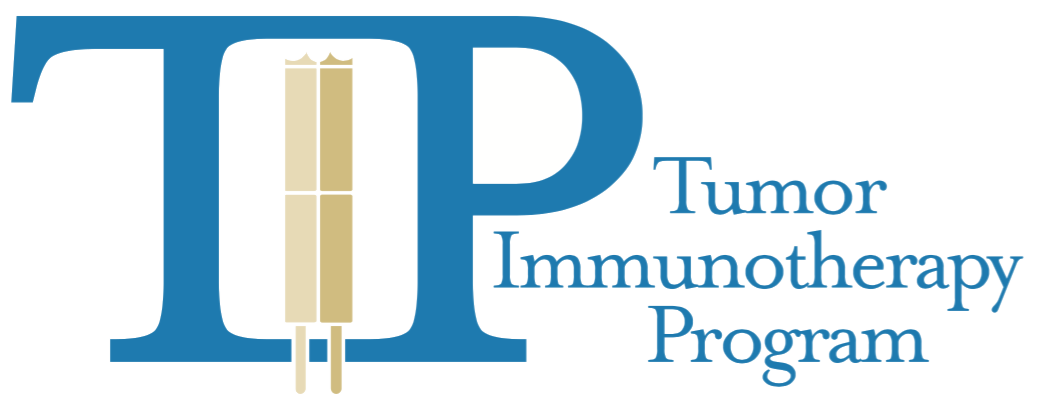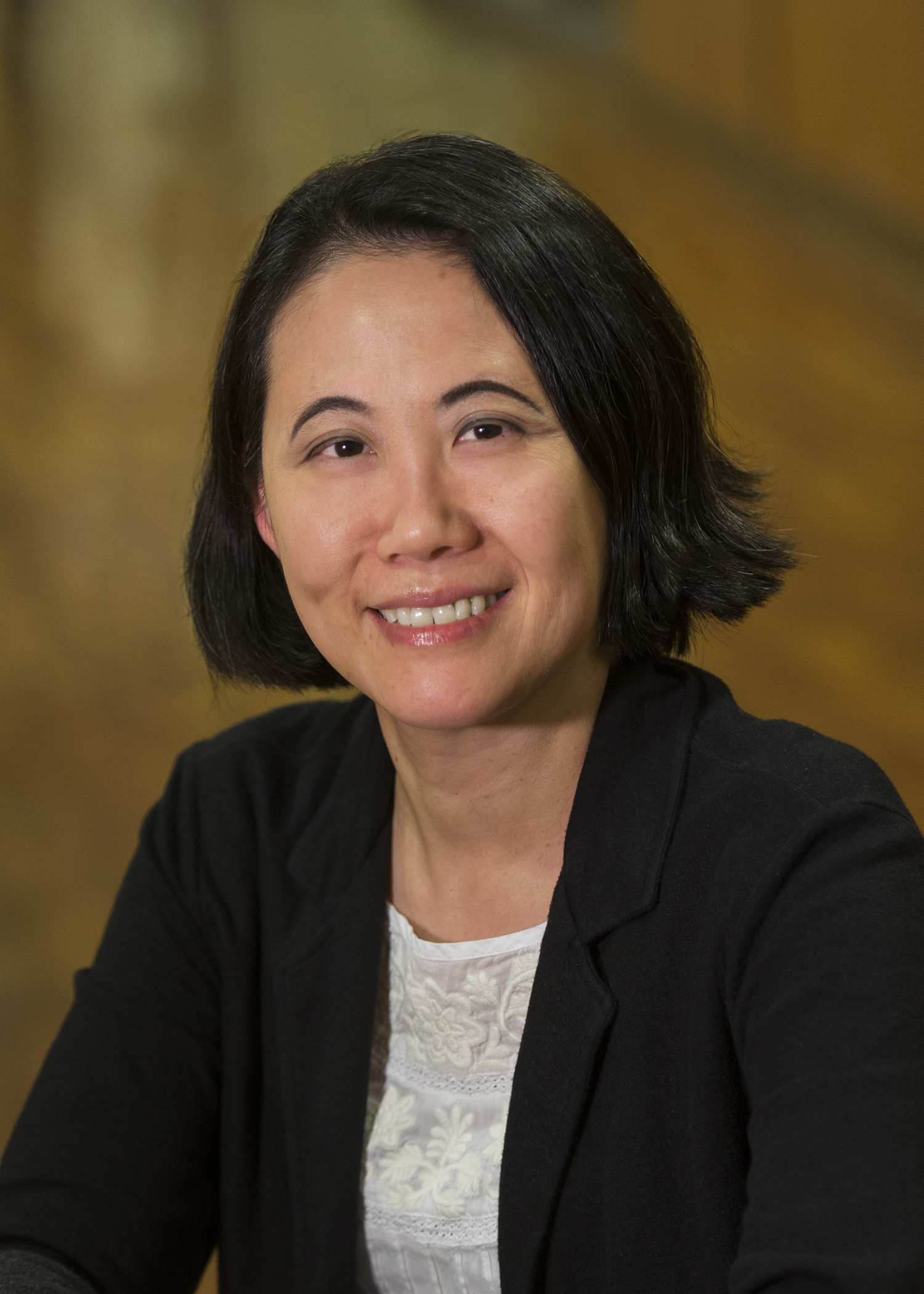Who We Are
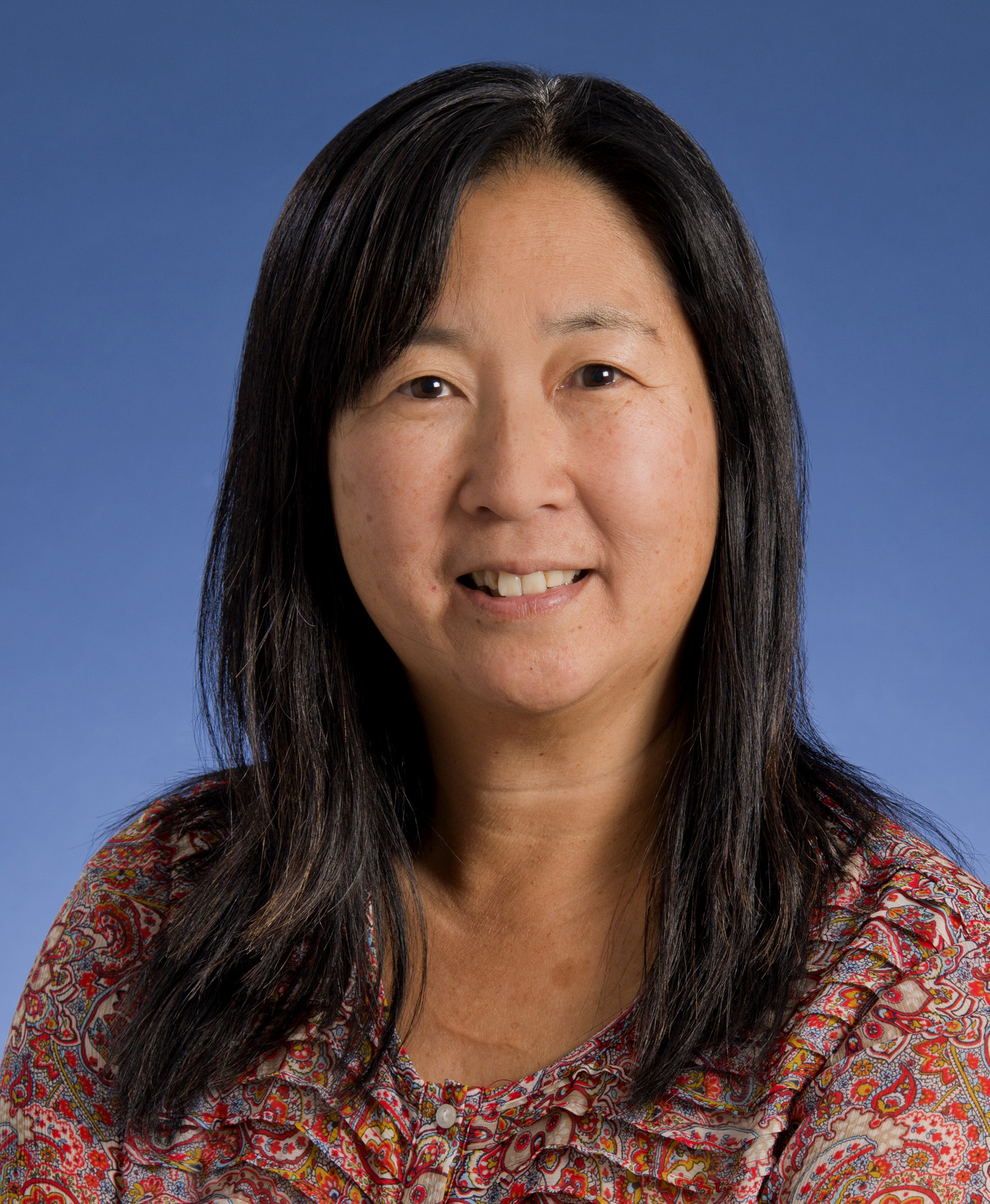
Pamela Ohashi, PhD, FRSC
Director, Tumor Immunotherapy Program
View Full Profile
Pamela S. Ohashi, PhD, FRCS
Director, Tumor Immunotherapy Program
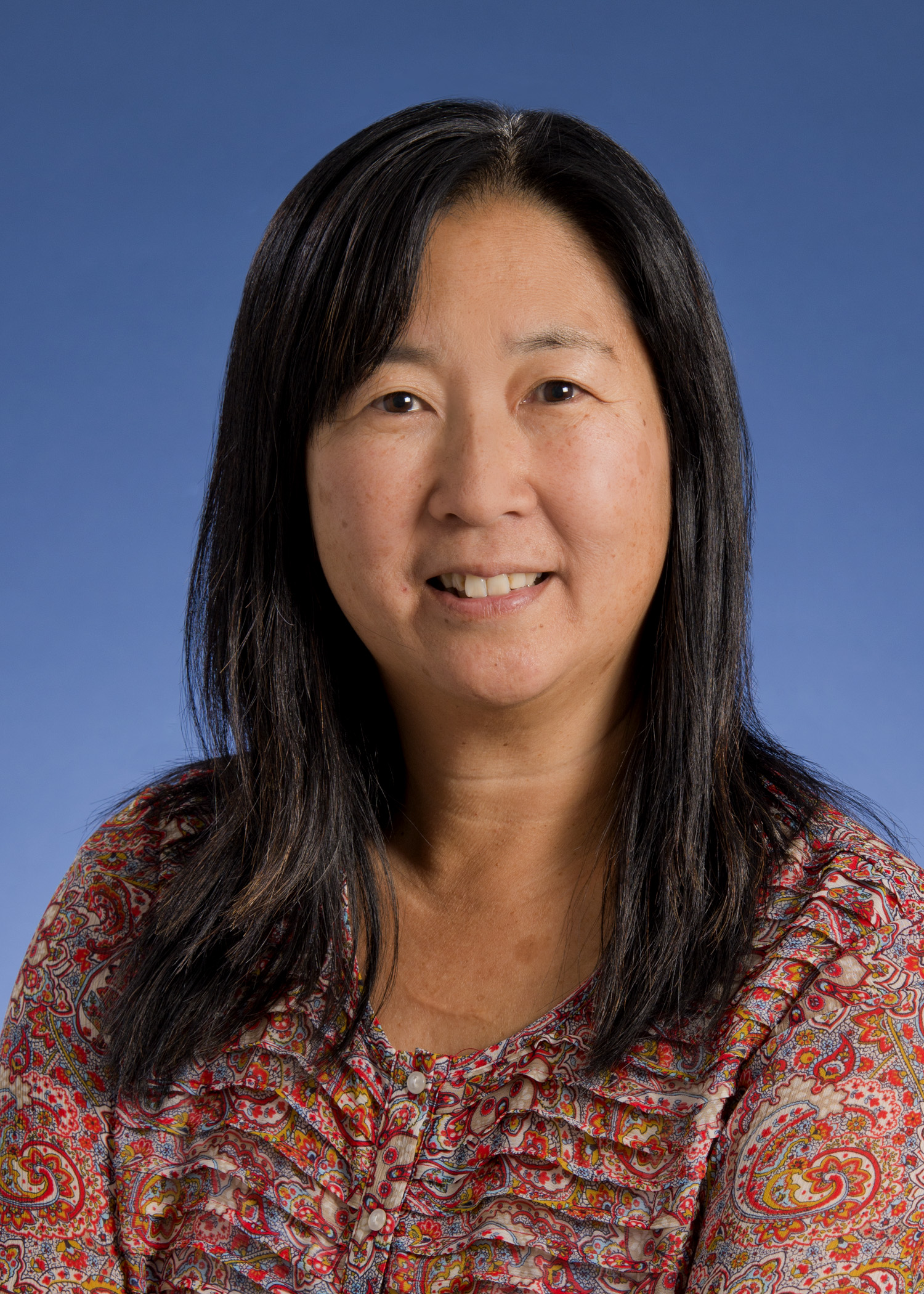
Contact and Links:
Email: pohashi@uhnresearch.ca
UHN profile
UofT Dept. Immunology profile
List of PubMed publications
Dr. Ohashi received her PhD from the University of Toronto with Dr. Tak Mak, and did her post-doctoral training at the University of Zurich with the Nobel Laureate Dr. Rolf Zinkernagel, and Dr. Hans Hengartner. She is the Co-Director of the Campbell Family Institute for Breast Cancer Research, Senior Scientist at the Princess Margaret Cancer Centre, and Professor in the Departments of Medical Biophysics and Immunology at the University of Toronto. She is also the Director of the Tumor Immunotherapy Program at the Princess Margaret Cancer Centre.
Dr. Ohashi’s research interests involve understanding T cell tolerance, strategies to promote tissue specific immune responses and translating these findings in clinical trials.
Dr. Ohashi has received a number of prestigious awards and honors including the American Association of Immunologists (AAI) Pharmingen Investigator Award, the National Cancer Institute of Canada’s William E. Rawls Award, The Canadian Society of Immunology’s Investigator Award as well as a Tier 1 Canada Research Chair. She currently serves as Chair of the Cancer Immunotherapy Steering Committee of the American Association for Cancer Research (AACR), and on the Board of Directors of the Society for Immunotherapy of Cancer (SITC). She has also been elected as a member of the Royal Society of Canada.
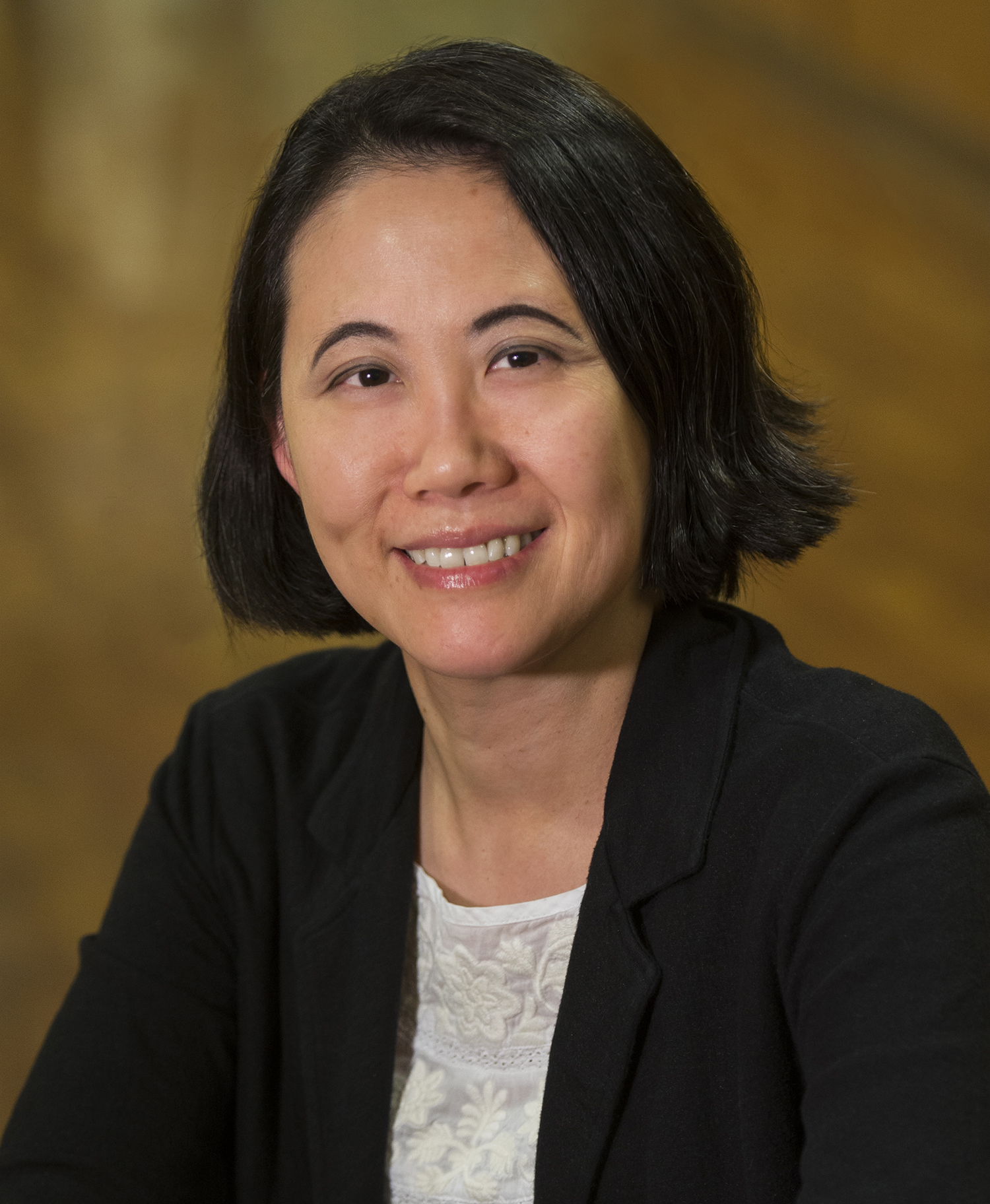
Lillian L. Siu, MD
Director, Tumor Immunotherapy Program
View Full Profile
Lillian L. Siu, MD
Director, Tumor Immunotherapy Program
Dr. Siu is a senior staff medical oncologist at Princess Margaret Cancer Centre since 1998, and has been a Professor of Medicine at the University of Toronto since 2009. She is the Director of the Phase I Program and Co-Director of the Robert and Maggie Bras and Family Drug Development Program at Princess Margaret Cancer Centre. Dr. Siu is also the Director of the Tumor Immunotherapy Program at the Princess Margaret Cancer Centre.
Dr. Siu’s major research focus is in the area of new anticancer drug development, particularly with respect to phase I trials and head and neck malignancies. She is the Principal Investigator of a phase I cooperative agreement UM1 award (2014-2019) sponsored by the United States National Cancer Institute. In addition to her active research in early phase clinical trials, she has been leading genomics initiatives and immuno-oncology trials at the Princess Margaret Cancer Centre. Together, the three programs of drug development, cancer genomics and tumor immunotherapy form a triad of synergy that supports the institution’s core vision to deliver precision cancer medicine.
Dr. Siu was the recipient of the US NCI Michaele C. Christian Award in Oncology Drug Development in 2010. She has held international leadership positions including the ASCO Conquer Cancer Foundation Grants Selection Committee Chair in 2009-10, and the Chairperson of the AACR Education Committee and Co-Chairperson of the Scientific Committee for the 2012 Annual Meeting. Dr. Siu is a scientific editor for Cancer Discovery and is on the editorial board for the Journal of Clinical Oncology and JAMA Oncology. She also serves on the Board of Directors for the ASCO for a four-year term (2012-2016). She also serves as a member of the Nomination Committee for the American Association for Cancer Research (2014-2016). She is a member of the Clinical Working Group of the Global Alliance for Genomics and Health (GA4GH).
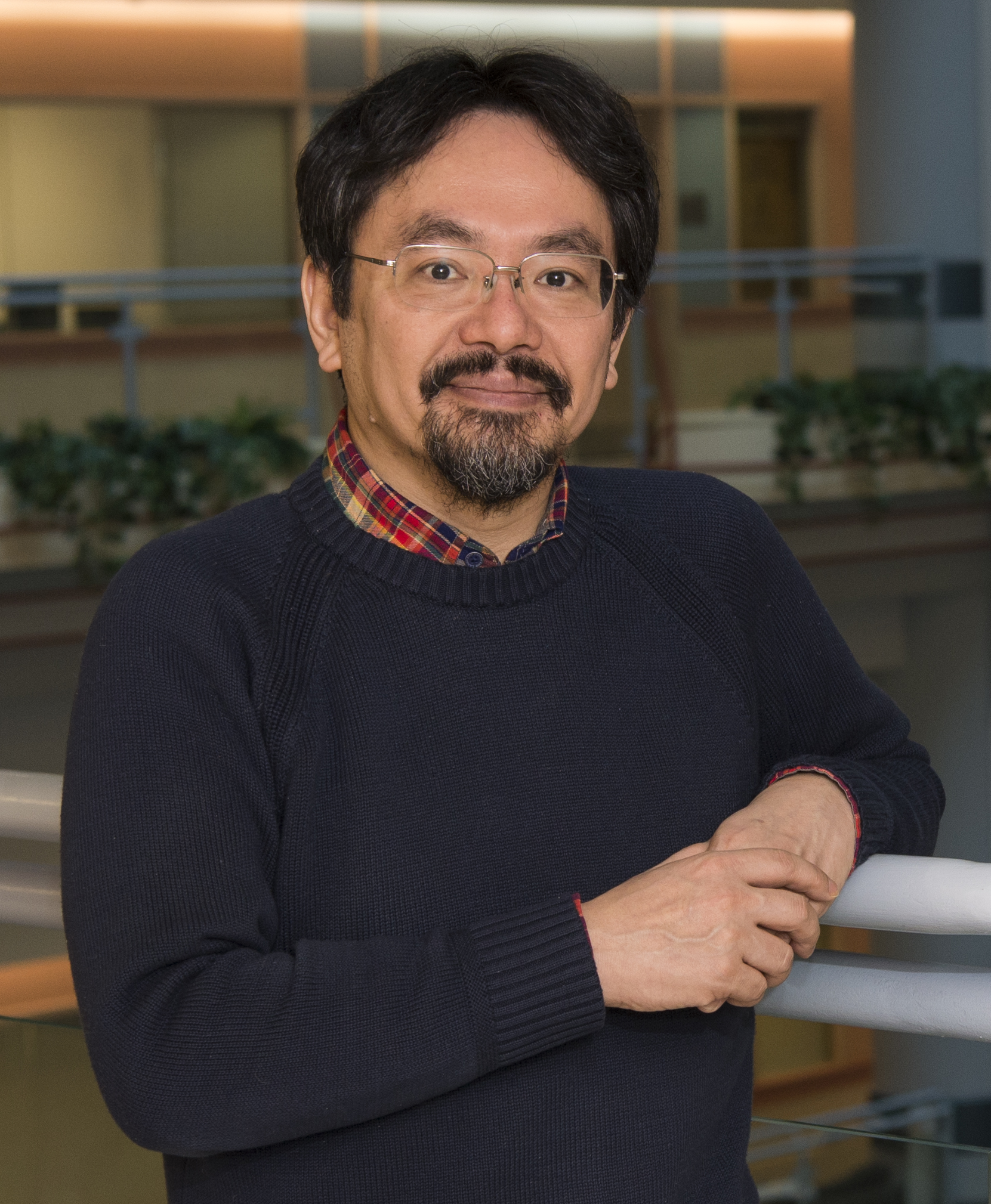
Naoto Hirano, MD, PhD
Professor, Department of Immunology, University of Toronto
View Full Profile
Naoto Hirano, MD, PhD
Professor, Department of Immunology, University of Toronto

Contact and Links:
Email: naoto.hirano@utoronto.ca
UHN profile
UofT Dept. Immunology profile
List of PubMed publications
Dr. Hirano received his MD and PhD from the University of Tokyo, and did his post-doctoral training at the Dana-Farber Cancer Institute, Harvard Medical School with Dr. Lee M. Nadler. He is Senior Scientist at the Princess Margaret Cancer Centre, and Professor in the Department of Immunology at the University of Toronto. He is also the Associate Director, Research of the Tumor Immunotherapy Program at the Princess Margaret Cancer Centre.
Dr. Hirano's research program aims to devise novel anti-tumor immunotherapeutic modalities that can cure cancer. Dr. Hirano’s research team is particularly interested in understanding how the interactions between T cells and antigen-presenting cells affect priming, expansion, persistence and differentiation of T cells, as well as how this leads to the subsequent generation and maintenance of anti-tumor T cell memory.
Dr. Hirano has received prestigious awards and honors including the American Society of Hematology Scholar Award and Ontario Institute for Cancer Research Investigator Award. He is on the editorial board for the Cancer Immunology Research and Cancer Science.
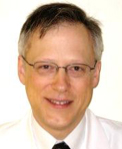
Marcus Butler, MD
Clinical Head, Immune Monitoring Team
View Full Profile
Marcus Butler, MD
Clinical Head, Immune Monitoring Team
Before joining The Princess Margaret Cancer Centre, Dr. Butler was an Instructor in Medicine at Harvard Medical School and a Clinical Fellow in Medicine at the Dana-Farber Cancer Institute. He is the Clinical Head of the Immune Monitoring Team at The Princess Margaret Cancer Centre.
Dr. Butler’s expertise includes clinical trials in a variety of immune therapies including adoptive T-cell therapy and checkpoint blockade.
In 2007-2008, Dr. Butler was recognized with the Dunkin’ Donuts Rising Stars Program Award at the Dana-Farber Cancer Institute, Harvard Medical School.
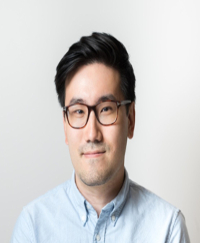
Ben Wang, PhD
Head, Immune Profiling Team
View Full Profile
Ben Wang, PhD
Head, Immune Profiling Team
Dr. Wang is a Scientific Associate and Head of the Immune Profiling Team at the Princess Margaret Cancer Centre. He obtained his PhD at the University of Toronto under the supervision of Dr. Eleanor Fish. Dr. Wang’s current research interests involve understanding how the tumor microenvironment and anti-tumor immune response are affected by targeted immunotherapies.
At the Princess Margaret Cancer Centre, Dr. Wang works with clinicians, research scientists, and skilled technicians involved with clinical studies and manages the workflow, distribution, and analysis of patient samples. Dr. Wang is also involved in the development of essential technical approaches used to characterize patients’ immune systems.
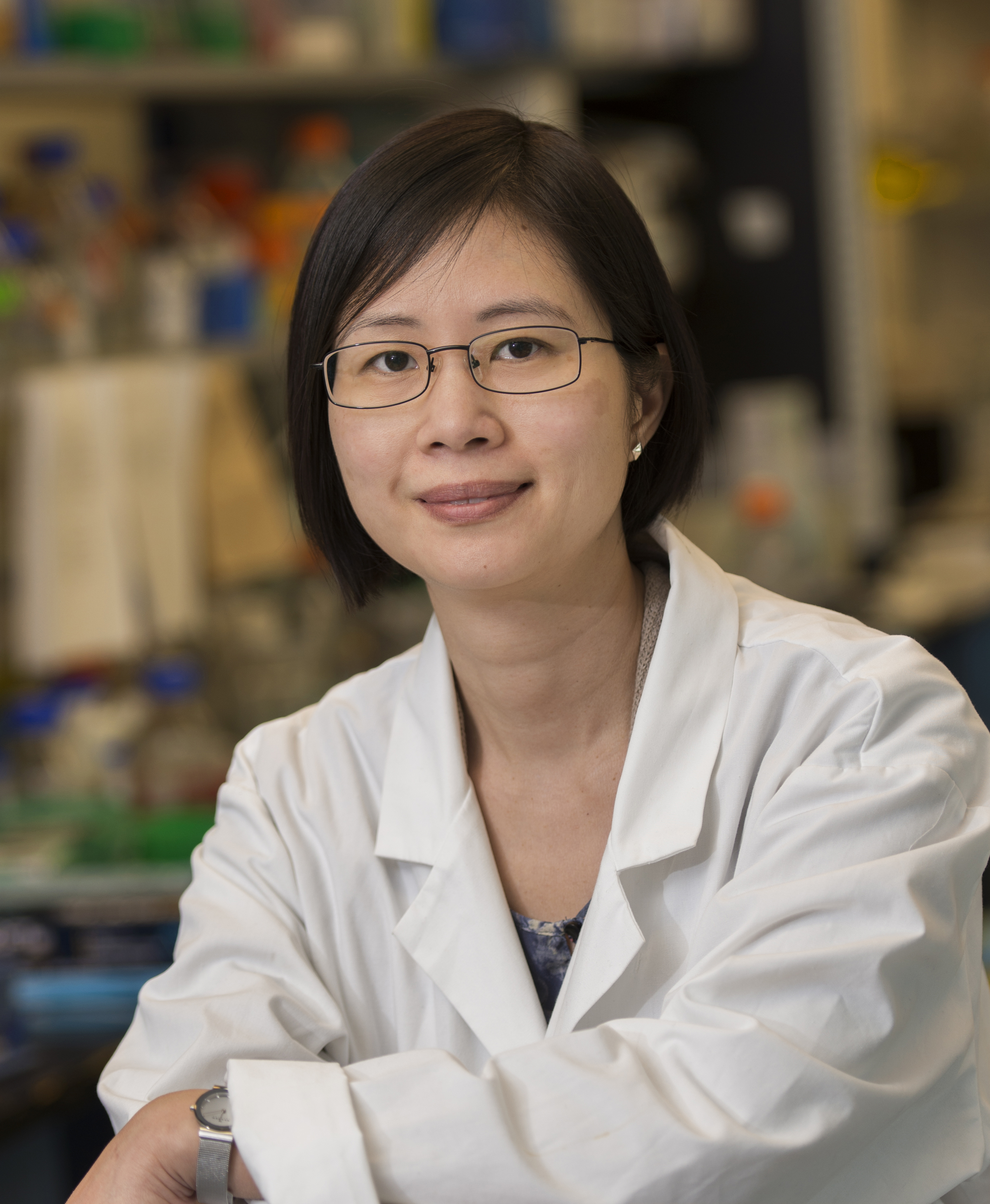
Linh Nguyen, PhD
Head, Cell Manufacturing Team
View Full Profile
Linh Nguyen, PhD
Head, Cell Manufacturing Team
Dr. Linh Nguyen is a Staff Scientist at the Princess Margaret Cancer Centre. She is the Head of the Cell Manufacturing Team of the Tumor Immunotherapy Program (TIP).
Dr. Nguyen’s team manufactures clinical-grade cell products for investigational trials, develops and implements quality assurance and quality control programs, and prepares regulatory documents related to cell manufacturing for clinical trials. The team’s manufacturing expertise includes tumor-infiltrating lymphocytes (TILs), dendritic cells, and TCR- and CAR-gene-engineered T cells.
Dr. Nguyen obtained her PhD at the University of Toronto where she studied T cell activation and tolerance in mouse models of antiviral and antitumor immunity. Her postdoctoral studies at Harvard Medical School with Drs. Diane Mathis and Christophe Benoist focused on regulatory T cells in autoimmune arthritis. Her current research interests include human tumor immunology and immunotherapy. She serves on the Governance and Operations Committees of the Princess Margaret Orsino Cell Processing Laboratory, and the Princess Margaret Cellular Therapy Steering Committee.
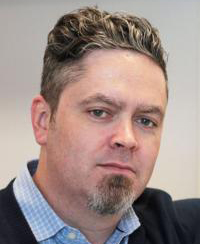
Tracy McGaha, PhD
View Full Profile
Tracy McGaha, PhD

Contact and Links:
Email: tmcgaha@uhnresearch.ca
UHN profile
UofT Dept. Immunology profile
List of PubMed publications
Tracy's website
Dr. McGaha obtained his Ph.D. in Immunology at the Ichan School of Medicine at Mount Sinai and pursued post-doctoral training at the Rockefeller University. Dr. McGaha started his own lab as an Assistant Professor at Temple University before moving to Georgia Regents University in 2008. Dr. McGaha joined the Princess Margaret Cancer Centre as a Senior Scientist in 2015. He is also an Associate Professor in the Department of Immunology at the University of Toronto.
Dr. McGaha’s research interests involve mechanisms of immune tolerance induced by cell death and communication between innate and adaptive cells in regulatory immunity. His laboratory was one of the first to demonstrate that specialized stromal macrophages (i.e. tissue-resident) control early immunity to apoptotic cells regulating both dendritic cell and T cell responses to apoptotic antigens and disrupting the function of these macrophage subsets renders mice susceptible to apoptotic cell-driven autoimmune disease. Ongoing studies are characterizing the cell specific contribution to the apoptotic cell regulatory immune response in the context of autoimmunity and cancer.

David Brooks, PhD
View Full Profile
David Brooks, PhD
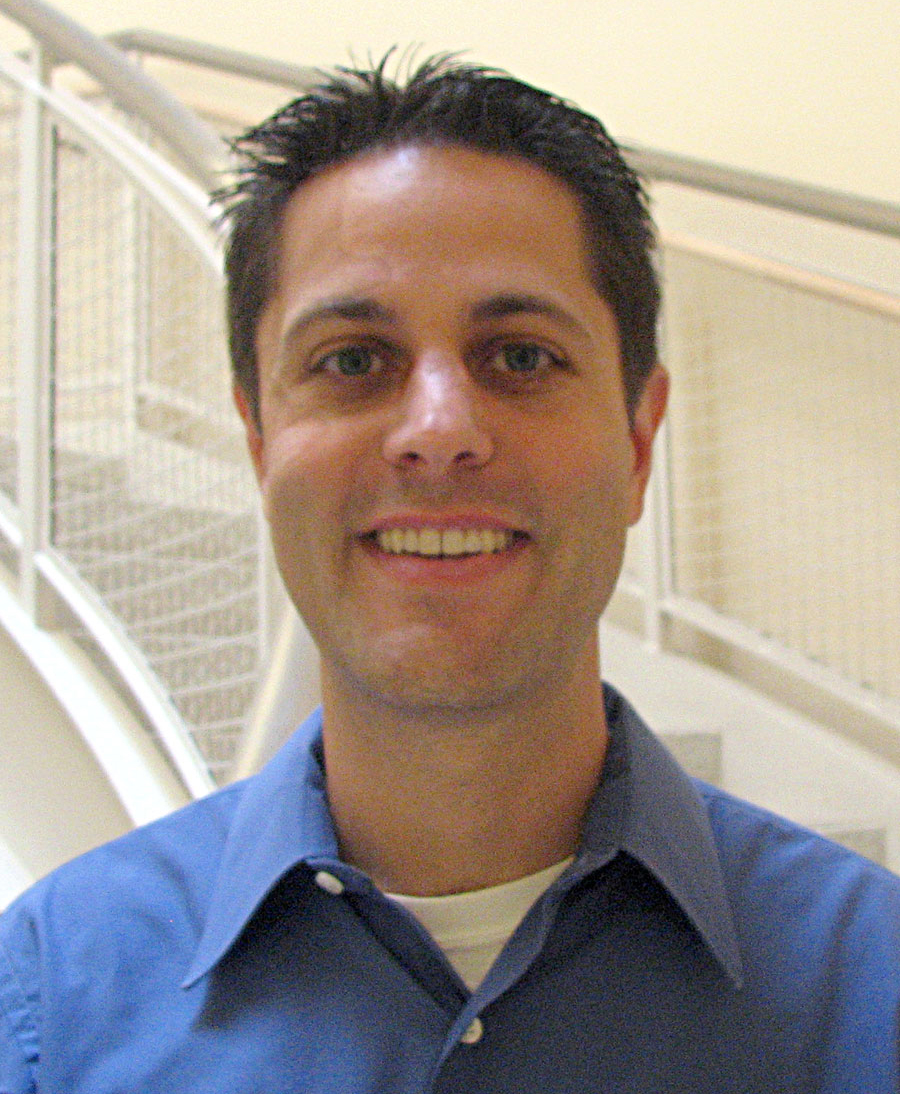
Contact and Links:
Email: dbrooks@uhnresearch.ca
UHN profile
UofT Dept. Immunology profile
List of PubMed publications
Dr. Brooks obtained his Ph.D. from the University of California, Los Angeles, and completed post-doctoral training with Michael Oldstone at the Scripps Research Institute before accepting a faculty position at the University of California Los Angeles. Dr. Brooks joined the Princess Margaret Cancer Centre as a Senior Scientist in 2015. He is also an Associate Professor in the Department of Immunology at the University of Toronto.
Dr. Brooks’ laboratory is focused on uncovering and understanding the mechanisms of immunosuppression that potentiate dysfunctional immunity during persistent virus infections. His group is particularly interested in the interplay between the signals and factors that control innate immunity and T cell responses to generate distinct functional outcomes. This information is then used to develop therapies that restore immune function to purge these infections. Many of the same pathways that suppress antiviral immunity during persistent infections are also being identified as playing a key role in inhibiting the immune response from eliminating many cancers. Dr. Brooks’ group is interested in comparing two disease states characterized by chronic inflammation and immunosuppression (i.e., persistent virus infection and cancer); understanding the conserved and most important mechanisms of immune inhibition can be identified so that new vaccine strategies and immunotherapies can be developed and applied to a broad range of chronic diseases. By understanding the underlying mechanisms of immunosuppression and their relationship to chronic inflammation, Dr. Brooks’ group hopes to devise therapeutic approaches to harness the immune response to fight multiple chronic diseases.
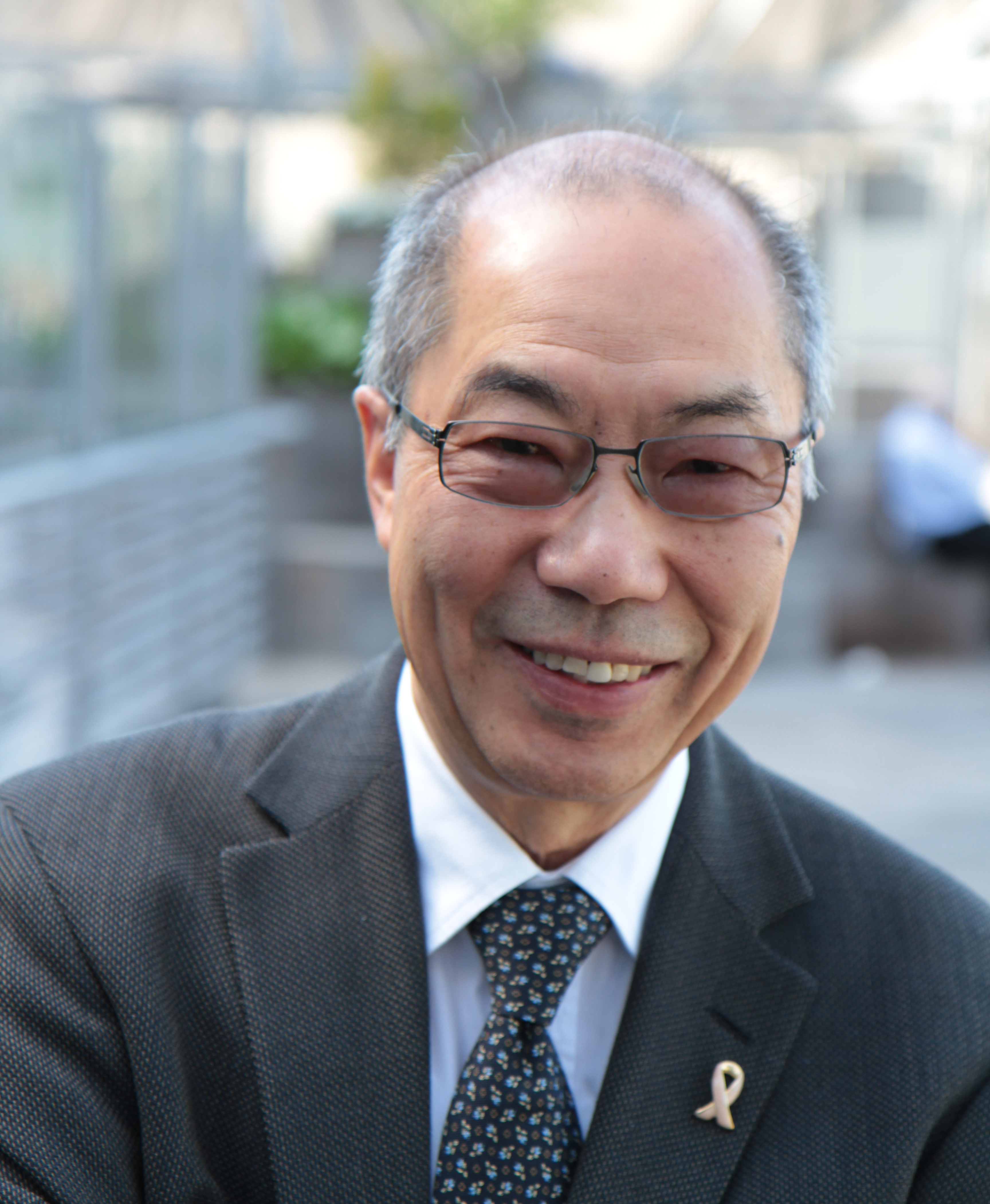
Tak Mak, PhD, FRSC
View Full Profile
Tak Mak, PhD, FRSC

Contact and Links:
Email: tmak@uhnresearch.ca
UHN profile
UofT Dept. Immunology profile
UofT Med Biophysics profile
List of PubMed publications
Dr. Mak received his PhD in biochemistry from the University of Alberta before starting a post-doctoral fellowship at the Ontario Cancer Institute in Toronto. Dr. Mak is a Senior Scientist at the Princess Margaret Cancer Centre, Director of the Campbell Family Institute for Breast Cancer Research, and is a full professor in the Departments of Immunology and Medical Biophysics at the University of Toronto.
Dr. Mak’s research interests involve understanding the genetic and biochemical pathways of (1) lymphocyte activation (mainly T cell costimulation) and (2) cell survival and apoptosis (NFkB, PTEN, PI3K signalling). Dr. Mak is also interested in how the tumor suppressor gene p53 can exert its effects on cell cycle arrest and apoptosis. Dr. Mak’s group utilize a variety of technologies, including microarray gene profiling, genetic modifying screens and expression cloning to identify new genes and document relationships between known genes in these pathways. Biochemical studies are also employed to establish these genetic links. Finally, we generate mutant mouse models study the physiological roles of these genes. Dr. Mak hopes that his group’s findings will enrich our understanding of these physiological pathways and inform the identification of novel drug targets for the treatment of autoimmune disorders and cancer.
Dr. Mak is internationally known for his work on the molecular biology of cancer and the immune system. Dr. Mak’s has made numerous landmark discoveries, including the cloning of the T cell receptor in 1984 and the identification of CTLA-4 as a negative regulator of T cell activation. Dr. Mak holds honorary doctoral degrees from numerous universities in North America, Asia and Europe. He is an Officer of the Order of Canada (2000), a recipient of the Gairdner International Award for Science (1989), and a Fellow of the Royal Society of Canada (1986). He has received many highly distinguished prizes including the Novartis Prize in Immunology (1998), the Paul Ehrlich Prize (2004) and the Sloan Award (1996).
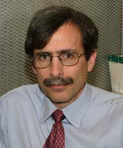
Christopher Paige, PhD
View Full Profile
Christopher Paige, PhD

Contact and Links:
Email: paige@uhnresearch.ca
UHN profile
UofT Med Biophysics profile
List of PubMed publications
Dr. Paige is a Senior Scientist at the Princess Margaret Cancer Centre and is the Executive VP, Science and Research as the University Health Network. He is also a full professor in the Departments of Immunology and Medical Biophysics at the University of Toronto.
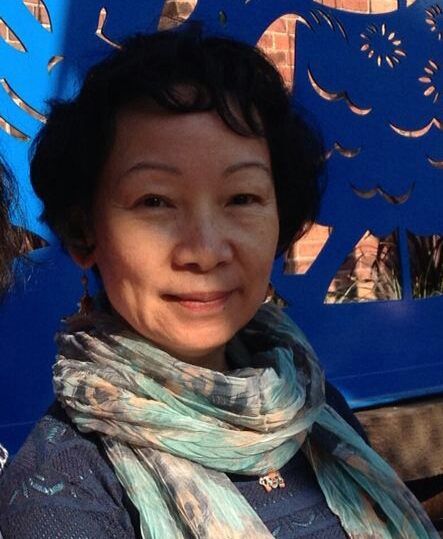
Li Zhang, MD, PhD
View Full Profile
Li Zhang, MD, PhD

Contact and Links:
Email: lzhang@uhnresearch.ca
UHN profile
UofT Dept. Immunology profile
UofT LMP profile
List of PubMed publications
Dr. Zhang is a Senior Scientist and holds the Maria H. Bacardi Chair in Transplantation and is also the Research Director of the University of Toronto Transplantation Institute. She is also a full professor in the Departments of Laboratory Medicine and Pathobiology and Immunology at the University of Toronto.
Dr. Zhang’s research is focused on understanding the cellular and molecular mechanisms involved in immune tolerance and its applications in various diseases, including graft rejection, graft versus host disease, autoimmune diseases and cancer. Dr. Zhang’s group was the first to discover and characterize a small subset of T lymphocytes termed double negative (DN) T cells. Her group and other laboratories have since demonstrated that DN T cells can prevent transplant rejection, inhibit graft versus host disease and autoimmune disease, and eliminating cancer cells. More importantly, Dr. Zhang’s group has developed protocols which allow for large scale clinical grade ex vivo expansion of human DN T cells and demonstrated that these expanded DN T cells can effectively kill primary human leukemia and lung cancer cells both in vitro and in xenograft models. Interestingly, these DN T cells do not kill normal blood and bone marrow cells, indicating the safely of DN T cell therapy. The DN T cell expansion protocol has been patented by the University Health Network. Methods for screening and selecting patients suitable for the DN T cell therapy have also been developed. Dr. Zhang and her collaborators are planning for the first in man clinical trials using ex vivo expanded DN T cells to treat cancer patients. The Zhang lab is currently dissecting the molecular mechanisms whereby DN T cells kill various cancerous cells while sparing normal cells.
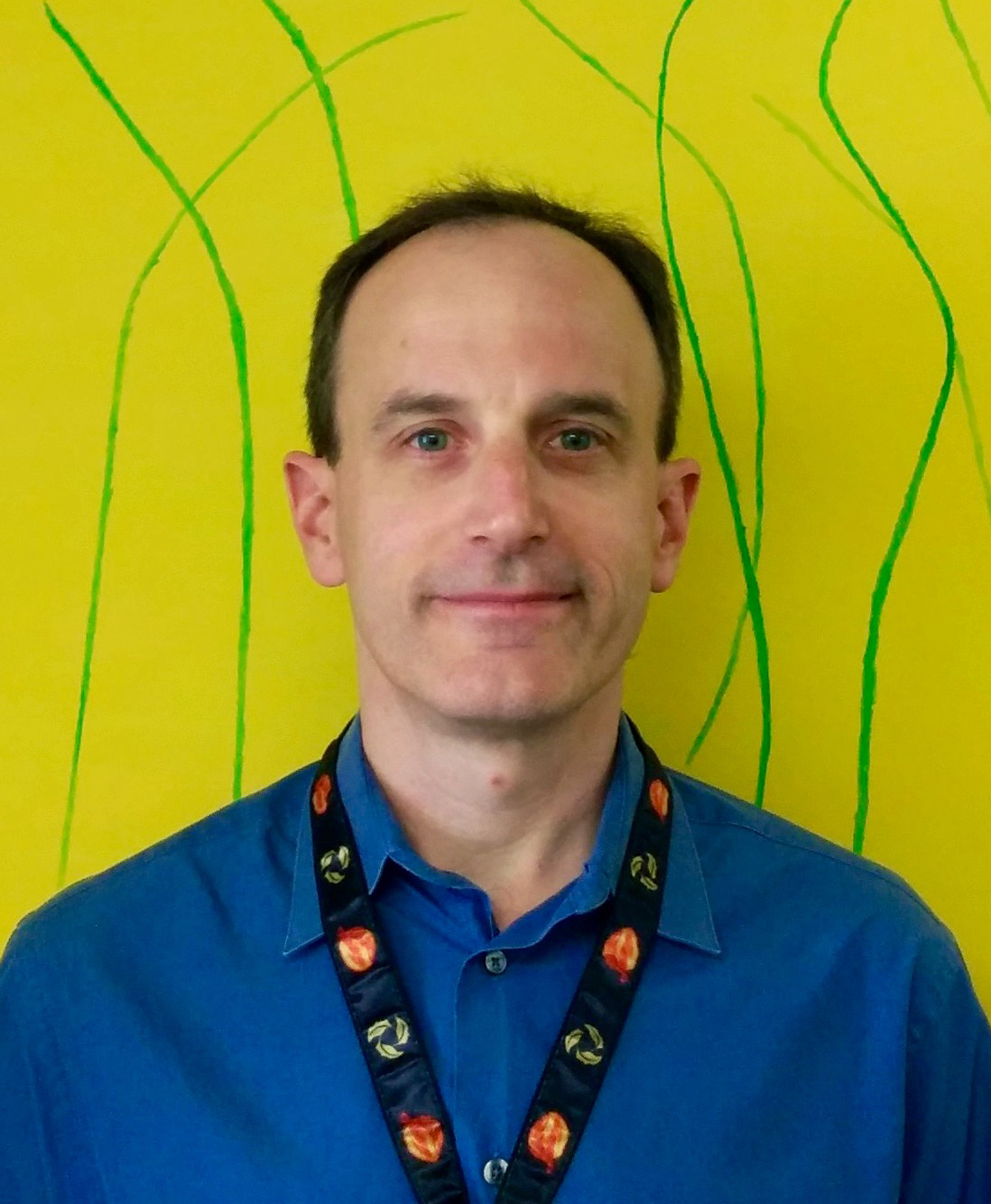
Hal Berman, MD
View Full Profile
Hal Berman, MD

Contact and Links:
Email: hal.berman@uhnresearch.utoronto.ca
UHN profile
List of PubMed publications
Dr. Berman is a Pathologist at the Toronto General Hospital and is part of the Cancer Clinical Research Unit at the Princess Margaret Cancer Centre. He is also an assistant professor in the Department of Laboratory Medicine and Pathobiology at the University of Toronto.
As an experimental pathologist actively involved in translational research and clinical trials at Princess Margaret Cancer Centre, Dr. Berman has extensive experience with various approaches, including immunohistochemistry, microscopy and image analysis, for assessment of the immune cell microenvironment within human tissue samples. Dr. Berman’s laboratory seeks basic insights into how epithelial cells from BRCA1/2 mutation carriers orchestrate the uniqueness of the immune cell microenvironment, early in the development of breast and ovarian cancers.

Juan Carlos Zúñiga-Pflücker, PhD
View Full Profile
Juan Carlos Zúñiga-Pflücker, PhD
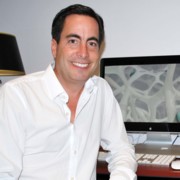
Contact and Links:
Email: jczp@sri.utoronto.ca
SRI profile
UofT Dept. Immunology profile
List of PubMed publications
Dr. Zúñiga-Pflücker obtained his PhD in genetics and immunology at George Washington University in 1991. He is a Senior Scientist at the Sunnybrook Research Institute and is a full professor and Chair of the Department of Immunology at the University of Toronto.
Dr. Zúñiga-Pflücker’s research goals include understanding how molecular signals in developing tissues induce commitment and differentiation of stem cells is a fundamental question of developmental biology. His research has therapeutic implications in the treatment of leukemia, which arises from dysregulated differentiation. His group is also interested in understanding the precise molecular interactions responsible for T cell development in the thymus. Dr. Zúñiga-Pflücker’s group contributed to the identification of these molecular interactions by demonstrating that a bone marrow-derived stromal cell line (OP9) ectopically expressing Delta-like-1 (OP9-DL1), a Notch receptor ligand, has the ability to induce the full differentiation of T cells from hematopoietic stem cells. Dr. Zúñiga-Pflücker’s group has extended these findings by showing that totipotent embryonic stem cells can also be induced to differentiate into functional T cells in vitro by coculture on OP9-DL cells. With this in mind, Dr. Zúñiga-Pflücker’s focus is on identifying the molecular mechanisms that govern progenitor lymphocyte lineage commitment, T cell development, and Delta-like-4 expression by thymic stromal cells, and the development of a stromal cell-free system for the induction of T cell differentiation from defined sources of stem cells. His group is also developing strategies to adapt their model system for the induction of T cell differentiation from defined sources of human stem cells. One important potential application of our work will be the directed generation of human progenitors T cells to facilitate the regeneration of T cells.
Dr. Zúñiga-Pflücker holds a Tier 1 Canada Research Chair in Developmental Immunology.
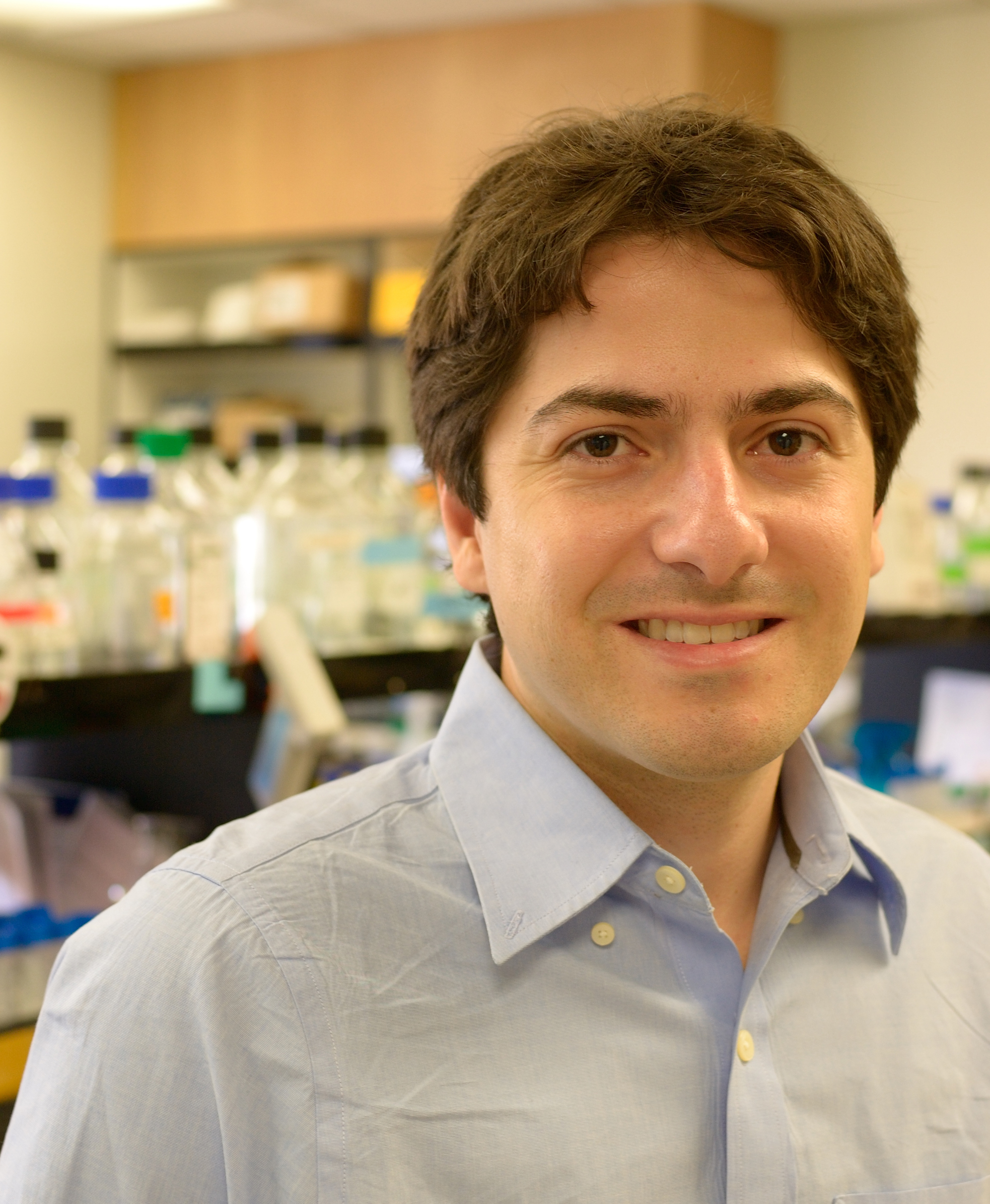
Daniel de Carvalho, PhD
View Full Profile
Daniel de Carvalho, PhD

Contact and Links:
Email: ddecarv@uhnresearch.ca
UHN profile
UofT Med Biophysics profile
Lab Website
List of PubMed publications
Dr. de Carvalho earned his PhD in Immunology from the University of São Paulo in 2009 and did his postdoctoral training in cancer epigenetics at University of Southern California (USC) until 2012. He is a Senior Scientist at the Princess Margaret Cancer Centre and is an Assistant Professor in the Department of Medical Biophysics at the University of Toronto.
Dr. de Carvalho’s research focuses on understanding the molecular mechanisms driving epigenetic reprogramming in cancer and on translational aspects of cancer epigenetic therapy and translating this into more efficient approaches for epigenetic therapy. Dr. de Carvalho’s group recently demonstrated that DNA demethylating agents are able to induce formation of dsRNA, mimicking a viral infection, a process named “viral mimicry.” Since this is a highly immunogenic response, this work suggests that DNA demethylating agents can be combined with immunotherapy. As a result, several clinical trials are underway to test this combination in multiple cancer types, including one trial at the Princess Margaret Cancer Centre. His research program combines traditional molecular and cellular biology techniques with functional genomics screening, Next Generation Sequencing and computational biology.
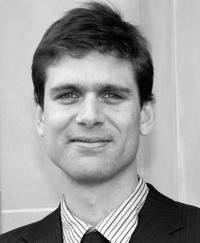
Benjamin Haibe-Kains, PhD
View Full Profile
Benjamin Haibe-Kains, PhD
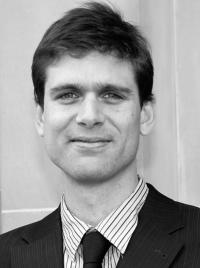
Contact and Links:
Email: bhaibeka@uhnresearch.ca
UHN profile
UofT Med Biophysics profile
List of PubMed publications
Dr. Haibe-Kains earned his PhD in Bioinformatics at the Université Libre de Bruxelles in Belgium. Supported by a Fulbright Award, Dr. Haibe-Kains did his postdoctoral fellowship at the Dana-Farber Cancer Institute and Harvard School of Public Health prior to starting his own laboratory at the Institut de Recherches Cliniques de Montréal. Dr. Haibe-Kains joined the Princess Margaret Cancer Centre in November 2013, where he is a Senior Scientist. He is also an Assistant Professor in the Department of Medical Biophysics and an Adjunct Assistant Professor in the Department of Computer Science at the University of Toronto.
Dr. Haibe-Kains’ research focuses on the integration of high-throughput data from various sources to simultaneously analyze multiple facets of carcinogenesis. In particular, Dr. Haibe-Kains and his team are analyzing high-throughput (pharmaco)genomic datasets to develop new prognostic and predictive models and to discover new therapeutic regimens in order to significantly improve disease management. Dr. Haibe-Kains' main scientific contributions include several prognostic gene signatures in breast cancer, subtype classification models for ovarian and breast cancers, as well as genomic predictors of drug response in cancer cell lines.
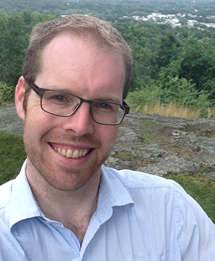
Trevor Pugh, PhD, FACMG
View Full Profile
Trevor Pugh, PhD, FACMG

Contact and Links:
Email: trevor.pugh@uhn.ca
UHN profile
UofT Med Biophysics profile
List of PubMed publications
Dr. Pugh completed his PhD at the University of British Columbia and completed post-doctoral training at the Broad Institute of Harvard and MIT. He joined the Princess Margaret Cancer Centre as a Scientist and Lead of the Clinical Genomics Program. He also supports diagnostic testing as a clinical molecular geneticist through the CLIA-certified Advanced Molecular Diagnostics Laboratory at the Princess Margaret Cancer Centre.
Dr. Pugh’s research group is focused on the application of genome sequence analysis as a routine clinical test, particularly as modern cancer treatments are increasingly predicated on genetic information. Dr. Pugh’s group is particularly interested in genome analysis of serial biopsies and circulating tumor DNA collected during clinical trials, genetic relationships amongst metastatic sites suggestive of effective combination therapies, and oncogenic mechanisms underlying rare tumors of unknown etiology. Large-scale studies have uncovered differing mutation rates across cancer types, with the lowest rates found in pediatric and hematologic malignancies and the highest rates in environmentally associated cancers, such as lung cancer and melanoma. Recurrent somatic alterations of cancer genomes have been found within and across cancer types, leading to the identification of new biological subtypes and an understanding of mechanisms disrupted in tumors regardless of tissue site. This observation emphasizes a need to transition from an anatomical- to a molecular-based classification of tumors and reveals opportunities for use of targeted therapies across tumor types, if strong genotype/phenotype associations are known.
Dr. Pugh’s lab conducts high-resolution examinations of tumor DNA, RNA and epigenetic marks from primary tumor biopsies; examinations that are now feasible due to continued advancements in DNA sequencing technology. This has enabled routine analysis of all genetic content (whole genome sequencing, WGS), all annotated genes (whole exome sequencing, WES), all expressed genes (RNA sequencing, RNA-Seq) and regulators of gene expression (e.g. epigenetic marks, histone binding sites, and DNA/protein interactions) in tissues and, more recently, single cells. These data types are highly complementary and analysis of one large-scale data set greatly informs another. Dr. Pugh’s lab is developing laboratory and computational approaches to extract multiple sources of genome variation from suboptimal tumor specimens, and to integrate these data types into cohesive portraits of individual tumor biology. Part of his group’s work focuses on translation of these findings into clinical practice through nomination of clinically-informative markers for targeted testing and development of bioinformatics tools to support clinical laboratory workflows.
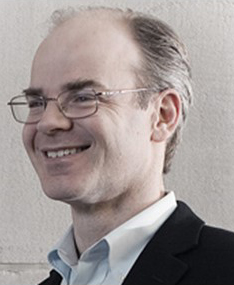
Marc de Perrot, MD, MSc
View Full Profile
Marc de Perrot, MD, MSc
Dr. de Perrot obtained his Medical Degree and completed his Surgical Residency in at the University of Genevain in Geneva, Switzerland. In 2000, he began his Clinical and Research Fellowship and his Thoracic Surgery training including lung transplantation at University of Toronto, in addition to completing his M.Sc. in the Thoracic Surgery Laboratory. In 2004, Dr. de Perrot obtained a fellowship in thoracic and vascular surgery at the Hospital Marie-Lannelongue in Paris, France, prior to joining the Division of Thoracic Surgery at the Toronto General Hospital. Dr. de Perrot is a Senior Scientist at the Toronto General Research Institute and is an Associate Professor in the Division of Thoracic Surgery at the Toronto General Hospital. He is also a member of the Cancer Clinical Research Unit at the Princess Margaret Cancer Centre.
Dr. de Perrot’s areas of clinical interest include thoracic oncology, mesothelioma, tumors of the cervico-thoracic junction, pulmonary vascular disease, and lung and heart-lung transplantation. His ongoing research projects include studies of conventional and regulatory T cells in the development and prognosis of pleural mesothelioma and ischemia-reperfusion induced lung injury; low-dose computed tomography for the early detection of mesothelioma and lung cancer in workers exposed to asbestos; the effect and mechanisms of a novel adoptive immunotherapy for lung cancer using expanded human T cells. His goal is to improve the outcome of mesothelioma by combining conventional chemotherapy with immunotherapy in murine mesothelioma models. Although the first line chemotherapy composed of cisplatin and Pemetrexed (Alimta) could prolong survival compared with cisplatin alone, the effect is limited. One neglected issue that has been highlighted is cancer cell repopulation during the intervals of chemotherapy. Evidence has shown that the rate of repopulation of surviving cancer cells accelerates over time. Immune suppression is quite common in cancer microenvironment including mesothelioma. Dr. de Perrot’s group is attempting to improve the efficacy of chemotherapy by removing the brake of immunosuppression so as to enhance specific anti-tumor immunity. The immunosuppressive compartments such as regulatory T cells (Treg), CTLA-4, PD-1 and so on can be employed as targets to enhance T cell immune response. His group has demonstrated that Treg cell depletion between cycles of chemotherapy has resulted in improvement of the anti-tumor effect. CTLA-4 blockade
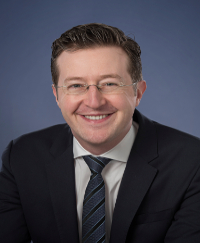
Dr. Adrian Sacher
View Full Profile
Dr. Adrian Sacher
Dr. Sacher is a staff medical oncologist in the thoracic and genitourinary groups at Princess Margaret Cancer Centre and an Assistant Professor of Medicine at the University of Toronto. He has previously worked at the Herbert Irving Comprehensive Cancer Center at Columbia University & New York-Presbyterian Hospital where he served as an Assistant Pprofessor of Medicine and attending medical oncologist specializing in thoracic oncology and phase I drug development. Dr. Sacher completed his medical degree at the University of Toronto and residency at the Toronto General Hospital and Princess Margaret Cancer Centre. He has previously completed a fellowship in thoracic oncology at the Dana-Farber Cancer Institute and holds a master’s degree in clinical trial design, genomics and drug development from Harvard Medical School.
Dr. Sacher’s research focuses on novel immunotherapeutics including immune checkpoint inhibitors, immune agonists, vaccines and epigenetic therapy. He is primarily interested in understanding the mechanisms of primary and acquired resistance to immunotherapy and developing tissue and blood based biomarkers as well as humanized animal models to better understand the biology of anti-tumor immune responses. He has been awarded an American Society of Clinical Oncology (ASCO) Career Development Award (CDA) for the study of mechanisms of resistance to immunotherapy in early stage lung cancer. He has also previously been awarded an International Association for the Study of Lung Cancer (IASLC) Fellowship, Canadian Institutes for Health Research (CIHR) Fellowship and a Canadian Association of Medical Oncologists (CAMO) Fellowship for his research.
